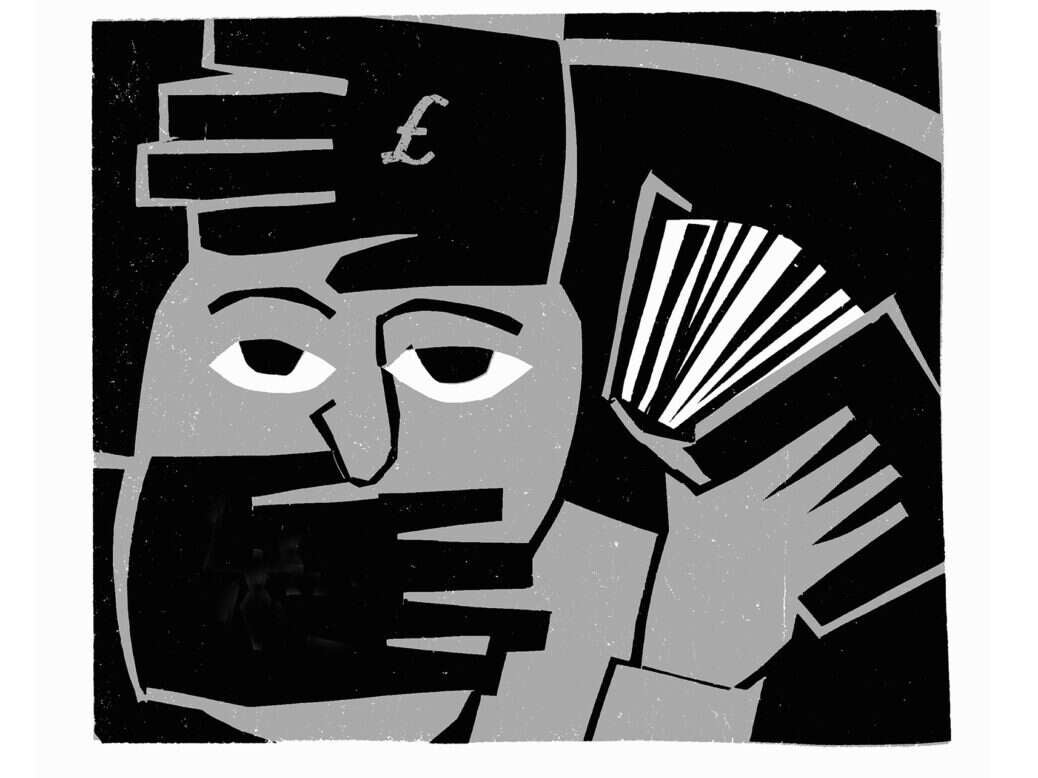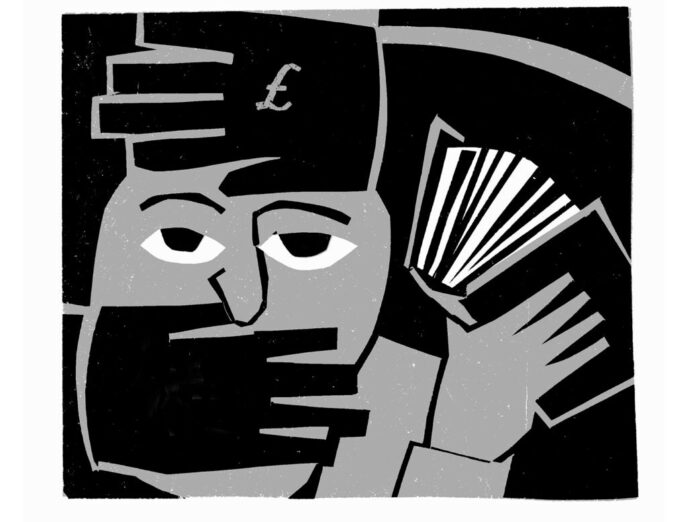
You don’t realise how entangled our lives are with the private digital services that underpin our economy until they’re gone. It’s a lesson that the professional polemicist and free speech advocate Toby Young is learning quickly, as he finds himself and the organisation he set up in 2020, the Free Speech Union, locked out of their PayPal accounts.
The online payments company, through which Young gathered donations for his group – which has campaigned for the reinstatement of social media accounts for those who expressed scepticism about the Covid vaccine, and has defended gender-critical academics – also shut the account of Young’s website, the Daily Sceptic, and his personal one.
On the face of it, this sounds like a troubling development. It’s eminently possible to disagree with Young’s stance on key issues, such as when it comes to trans people, while also finding it concerning that his ability to operate in the world can be cut off without explanation. Organisations including Big Brother Watch – which isn’t exactly neighbours with Young on the political spectrum – have written an open letter about PayPal’s decision.
Yet the issue highlights one of the key misunderstandings that we often have about Big Tech platforms. Just because they appear to be public utilities, and are ubiquitous, we expect them to be required to follow a more significant, scrutinised code of conduct. But they’re not. They’re private companies, with their own rules and regulations. If we don’t like it, we can lump it: as an ardent supporter of conservative causes, Young will know that competition in a free-market economy is king.
But scratch beneath the surface of Young’s claims and you begin to realise that the ban may be more justified than people think. This isn’t just a rabble-rouser trying to keep the home fires burning in a fictitious, bubbly culture war. A Times report has alleged that one of the reasons why PayPal closed the accounts down was for spreading Covid vaccine misinformation – a real harm that puts lives at risk. The R value of false information discouraging people from taking up the offer of perfectly safe vaccines outstrips that of the virus that has killed, to date, 6.5 million people.
Young denies he is anti-vax or that he has ever published misinformation, telling the Times that while the Daily Sceptic does “have reservations about the efficacy and safety” of Covid vaccines “we do not take a position on whether people should take them or not, but encourage them to do their own risk assessments”. He also does not believe this could have been why the accounts were closed: “If The Daily Sceptic is guilty of that sin… why has PayPal demonetised my account and the Free Speech Union account?”
PayPal declined to comment on specific cases, but said that it “regularly assesses activity against our long-standing acceptable use policy and will discontinue our relationship with account holders who are found to violate our policies”.
The payments company does have a long-standing issue with banning companies and individuals from using its services, or withholding their cash, without justification. I’ve previously reported on PayPal holding back far more money than Young would likely have in his accounts – and have been inundated with similar stories. Those examples seem to have little explanation, unlike the banning of Young’s accounts, which have been pinned to allegations that he spread misinformation.
The decision is also not as dramatic as Young – whose career has relied on over-egging his strife like a put-upon puppy – makes out. He’s not being silenced, and is not a cri de coeur for certain griftier fringe personalities. He’s still entitled to his opinions, no matter how wrong they may be.
It’s just that PayPal has decided it doesn’t want him to profit from them.
It’s an approach that Young would likely recognise from one of the favourite cases of the anti-woke free speech brigade: if a bakery is allowed to withhold business from customers wanting it to bake a gay cake, why can’t PayPal withhold its services from someone with whom it disagrees?
[See also: Countries with high trade union membership are more equal]
This article was amended on 23 September 2022 to clarify that the Times report alleged that the accounts were closed in part due to misinformation, rather than any deliberate act of disinformation.











